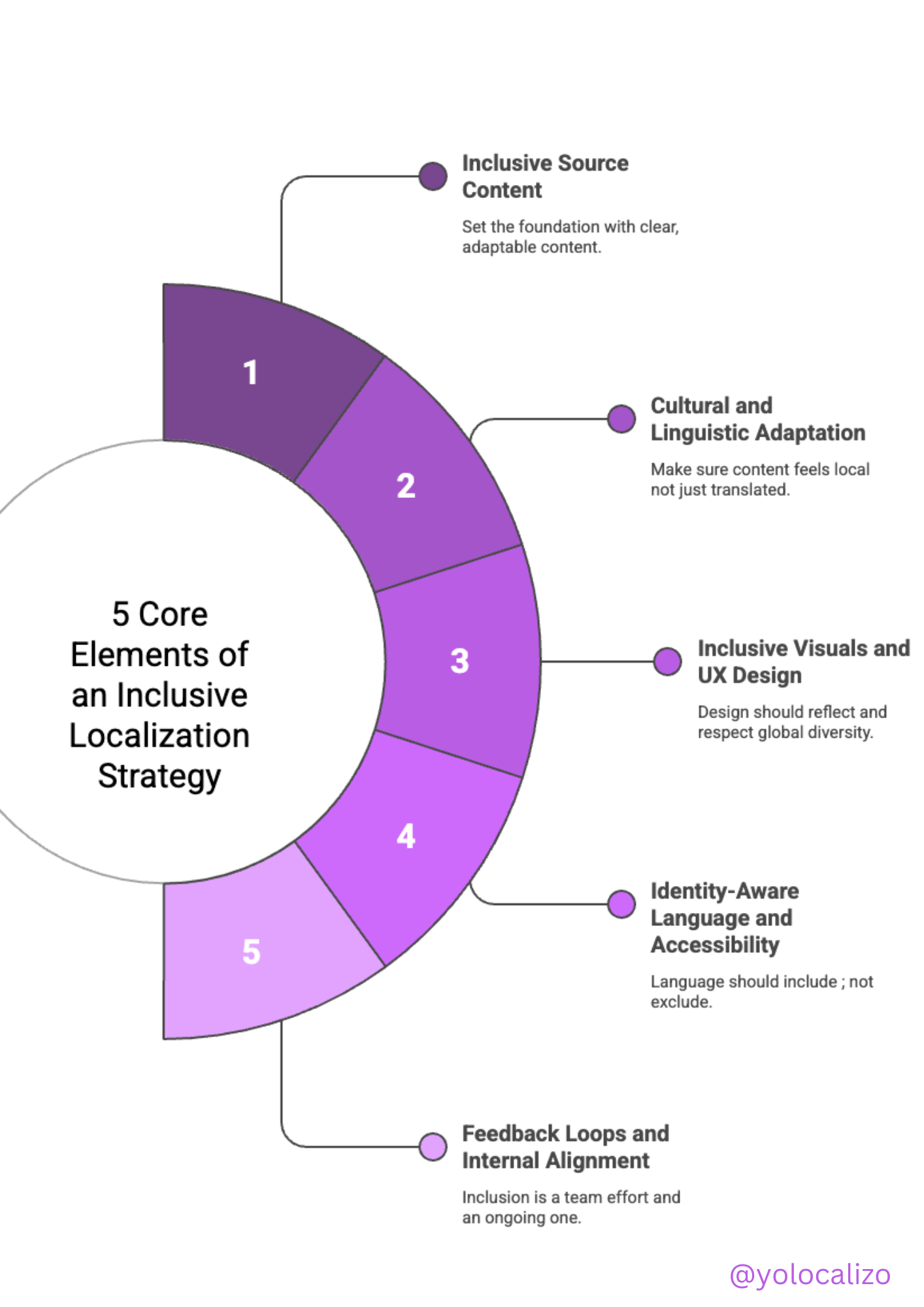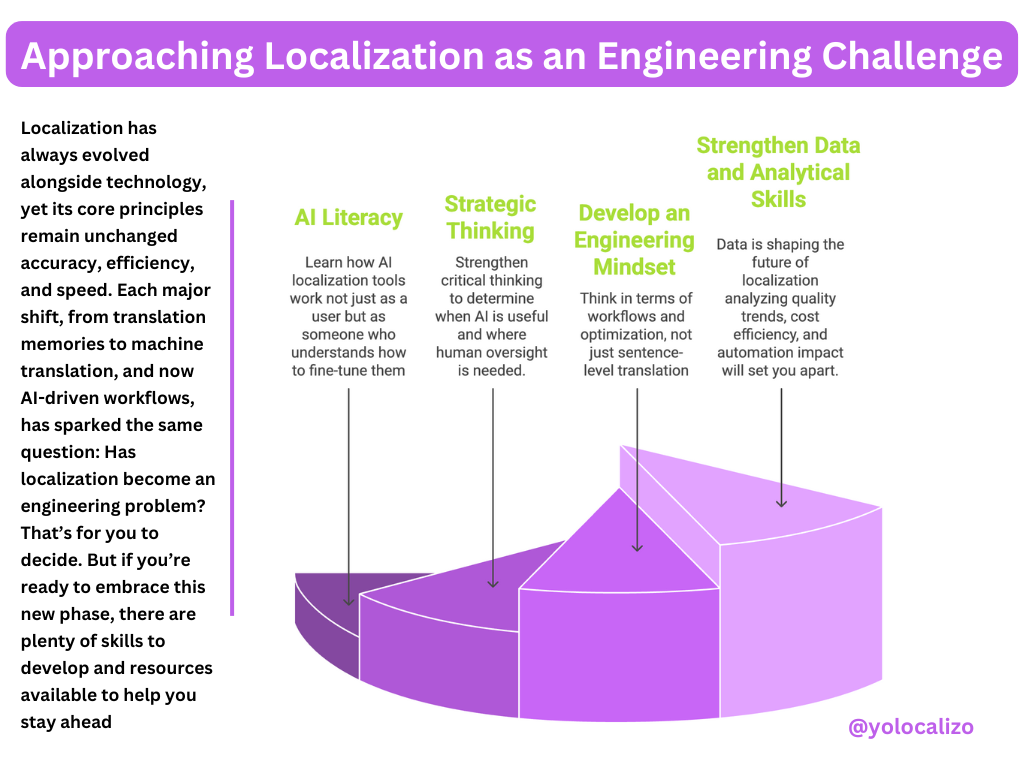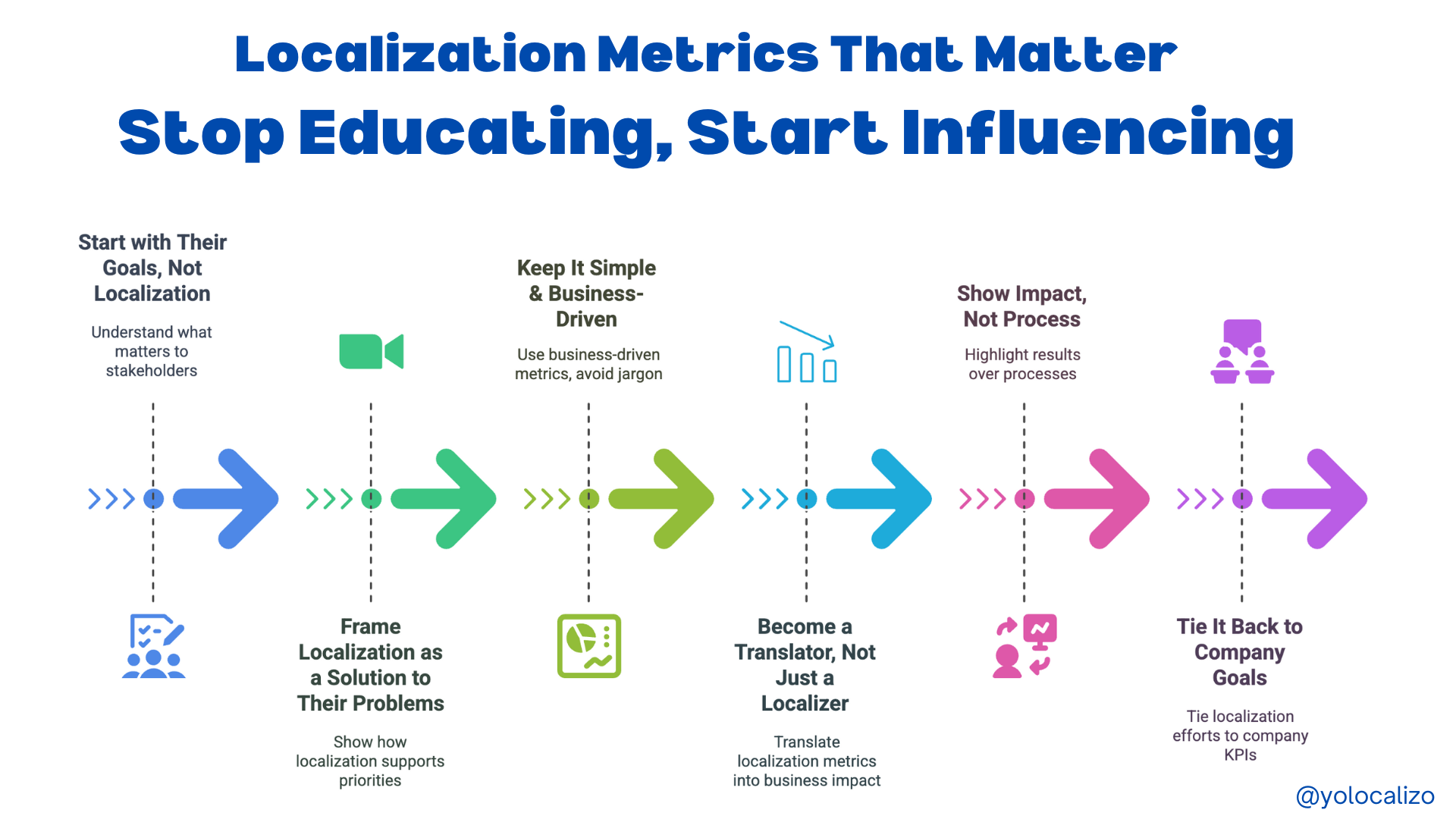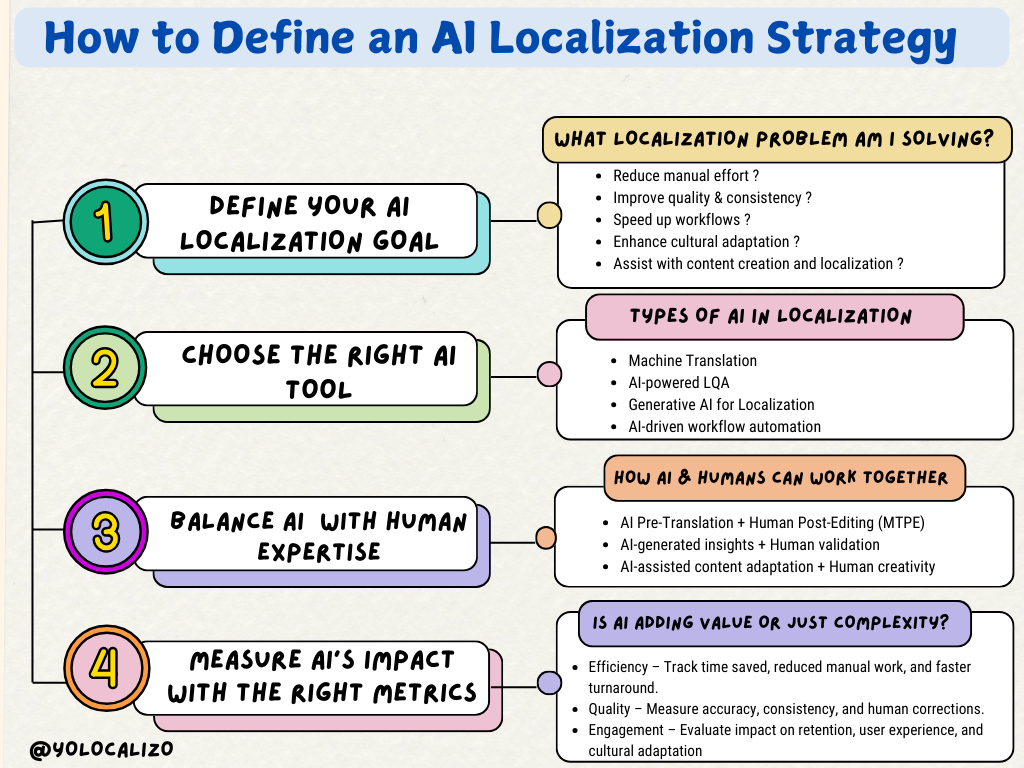Recovering from command-andcontrol- aholic. My 57 lessons learned while studying Lyssa Adkins coaching material
My blog is not only a platform where I intend to share my passion, my thoughts on the industry of the G / Localization or public speaking or leadership, all of them of course topics that interest me a lot.
It is also a way to document my journey on areas in which I am interested in growing. It is a way to reflect on skills that I need to evolve. There are some skills that I'm investing a pretty big effort. Today I want to write about my efforts to move from a command-and-control mindset to a mindset more related to coaching, with a servant leadership mindset.
And changing this mindset is not easy. When you spend many years doing pure Project Management tasks, or when you study PM-type certifications, PMP, Prince2.... we find that there is a great emphasis on "control", but the reality is that the environment in which I move in recent years, that kind of mindset is not so useful. Start-up or companies that embrace Agile methodologies require other types of skills.
I am a recovering command-and-control- aholic
In this journey that I started time ago, the best practices of the Agile world and the advice of the Agile coach are helping me a lot. Reading also unconventional books as " Reinventing Organizations " of Laloux shakes my personal beliefs. Books that talk about how to move from pyramid structures to flat structures. Books talking about empowerment, about self-organised teams ... all of them very thought-provoking topics.
But if there is a book (and a blog) that has changed my perspective, it is certainly Coaching Agile Teams, a book that has become my inseparable companion where I write multiple comments and where I re-read chapters regularly to look for inspiration to respond to the various challenges which I 'm facing.
Truth is that recovering from a mindset command and control is much more complicated than I could ever imagine!
The following list is a “tweet style ” summary of the 57 lessons I have learned by reading and studying the excellent material created by Lyssa Adkins . An Agile professional who has forever changed the way I understand the leadership mindset and the management of teams.
I hope you find below list is useful!
You can also download these 57 lessons in PDF format from here
My 57 lessons learned from Lyssa Adkinds while recovering from command-and-control- aholic
1. Watching a great agile coach is like watching a magician. No matter how closely you watch, you can't quite figure out how she does it.
2. A project manager and an agile coach are not even as much alike as a house cat and a jaguar
3. A project manager plans and controls. A project manager's success equals the success of the project. A coach guides. An agile coach's success equals the team's continual improvement and their pursuit of high performance.
4. To be more effective in an Agile environment I must move from “delivering on time, within budget, and on scope equals success” to “clients getting the business value they need is the only measure of success”
5. I must move away from “Coordinating Individual contributions” to “Coaching the whole team for collaboration”
6. I must move away from being an SME to being a facilitator for the team
7. I must move away from being invested in specific outcomes and being invested in the team's overall performance
8. I must move away from knowing the answer to asking the team for the answer
9. I must move away from directing to letting the team find their own way
10. I must move away from driving to Guiding
11. I must move away from talking of deadlines and technical options to talk of business value delivery
12. I must move away from talking of doing the optimal thing to talking of doing the right thing for the business right now
13. I must move away from fixing problems to taking the problems to the team
14. Good coaches / good leader have an uncanny ability to “read a room.
15. They care about people more than products
16. They cultivate curiosity
17. They believe that people are basically good
18. They know that plans fall apart, so they act in the moment with the team, rather than holding on to anyone idea or hope about how things should turn out.
19. They have a thirst for learning
20. They believe that any group of people can do good things in the world, given a growth environment and an audacious goal
21. They believe that disequilibrium is essential. Chaos and destruction are simply building blocks for something better. Messiness is expected.
22. They risk being wrong. When they are wrong, they own up to it and move on.
23. Motivation in the knowledge age comes when people achieve autonomy, mastery, and a sense of purpose
24. As a coach / as leader with servant mindset I'm the glue that holds this family together.
25. I must embrace and live in a world of constant constructive disagreement.
26. Trust, vs. fear or anger, motivates the team
27. We can grow if we strengthen our roots. We're a tree; we can bend
28. Before mastering a team, I must master myself first
29. I need to live in my growing edge. Challenged to constantly improve for the sake of my teams, identify my growing edge and do not be afraid to push my limits
30. I need to be aware of my potential violent communication
31. Do I remember that all human beings have the same needs?
32. Do I spend some time each day quietly reflecting on how I would like to relate to yourself and others?
33. When asking someone to do something, do I check first to see whether I'm making a request or a demand?
34. Instead of saying what I don't want someone to do, do I say what I do want the person to do?
35. Instead of saying “no,” do I say what need is preventing me from saying “yes”?
36. Before agreeing or disagreeing with anyone's opinions, do I try to tune in to what the person is feeling and needing?
37. Listen first! “It is often a devastating question to ask oneself, but it is sometimes important to ask it — 'In saying what I have in mind will I really improve on the silence?'
38. Embrace non-command-and-control thoughts: Be detached from outcomes
39. Take it to the team: Believe it or not, I'm not the best person to solve the problem, they work closer to the product
40. Be a mirror: Reflect back to them, without judgment, the behavior or symptoms I notice.
41. Master my words and my face . Practice nonviolent communication, not only in the tone of my voice and the words you choose but also on your face. If I judge I will not get to the core of what is really going on. Instead, I will be told what someone thinks you want to hear.
42. Let there be silence: Get comfortable with uncomfortable silence. Do not fill it. Let someone else on the team have room to speak
43. To be of service to the team, free yourself from your worries and racing thoughts. Your mind must be still so that you can see, with clarity, what happens with the team
44. A daily preparation practice helps you clear the “stuff” in your head.
45. Powerful daily preparation routines are: l isten to music that calms and restores me
46. Read inspirational books, blogs, daily meditations, and quotations.
47. Jog and listen to the sounds of nature around me
48. Write down three things I'm grateful for
49. Level I — internal listening: When I listen at Level I, I hear the speaker's words and may be very attentive, but the words get interpreted through my own lens. I listen to reply
50. Level II — focused listening: When listening at Level II, a hardwired connection gets established between me and the speaker. I'm focused on what the speaker says. Freed from the personal lens, I listen and responds in the moment with the questions and silences that help the speaker move through whatever they are expressing
51. Level III — global listening: I use everything in the environment when listening at Level III. The speaker's tone of voice, posture, changes in room temperature
52. When I have the urge to speak, check myself first. What is your “come from” place? Ask myself, “Why do I want to offer this thought now?” Do I feel compelled to speak because I want the team to see how smart I am ?
53. Don't Speak First
54. It is interesting to note that the words silent and listen contain all of the same letters, just rearranged.
55. Whenever a team member asks a question, do not be the first to answer it.
56. Reground myself. I delivered a succinct and insightful statement. And it fell flat. Or the team started to run with it, but I notice it's not serving them. I could keep the conversation going to avoid embarrassment (but this may be a waste of their time), or you could reground.
57. SUPPORT YOURSELF Can you extend the same compassion to yourself that you extend to others?
One last reflection As Lyssa mentioned in her blog
ALWAYS WORK ON YOURSELF You can spend thousands on coaching classes. That will certainly expand your skills and help you master yourself to be a better coach. Or, you can spend far less on a helpful book or two. Or, you can spend 30 minutes checking out inspirational blogs. Working on yourself need not be expensive or time-consuming, but it needs to be constant. Do what you can do and, above all, keep moving
I'll keep moving and I'll keep learning about the hard art of letting go my command-and-control monster, and every now and then I'll write here my learnings, my thoughts, my reflections about my journey and what I learn while I keep moving.
Have a wonderful summer everyone!
@yolocalizo















Localizability has always been a challenge small issues in source content often lead to big problems later in translation. In this post, I explore how AI is giving localization teams a powerful new way to improve source quality, reduce friction, and create better content for every market right from the start.